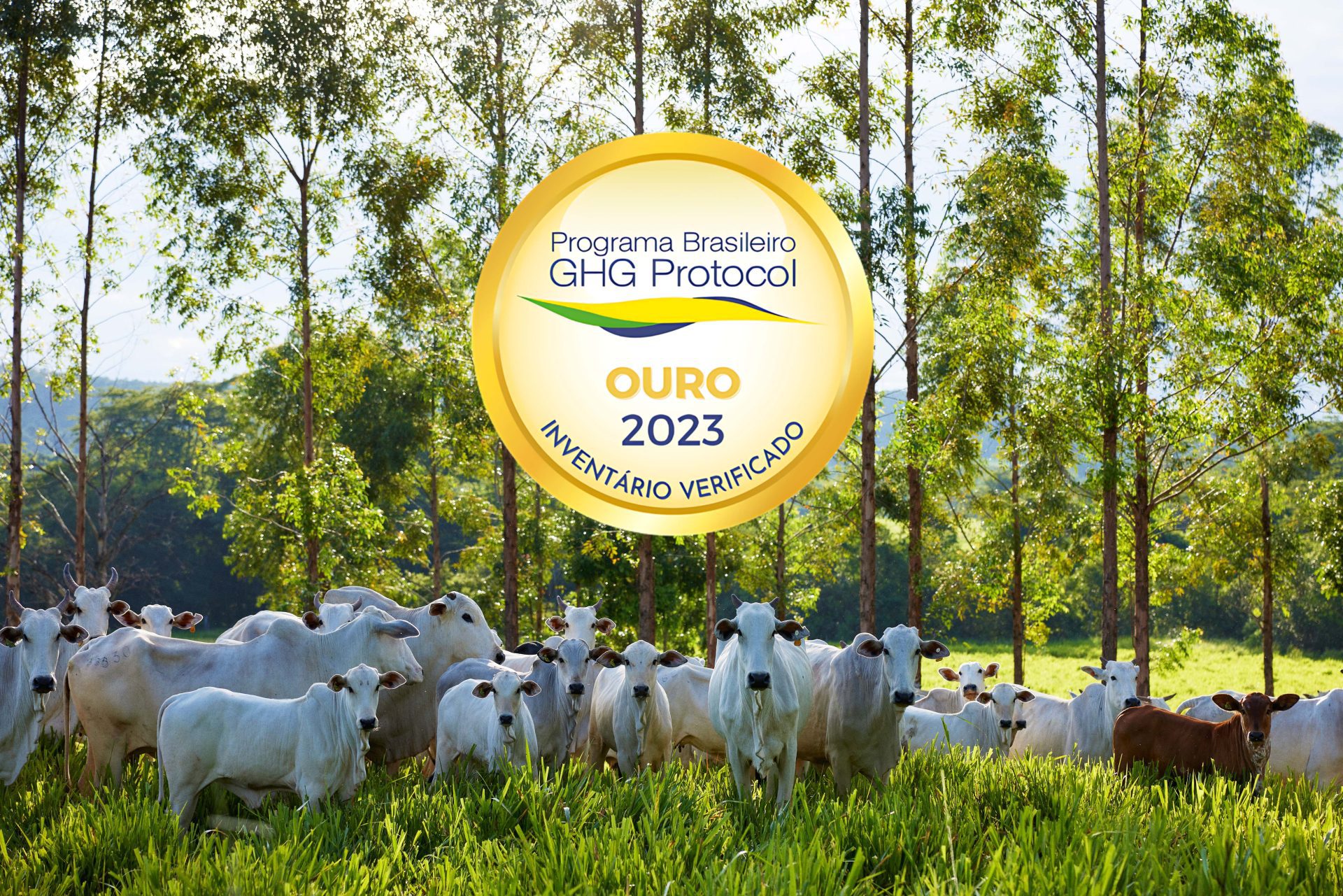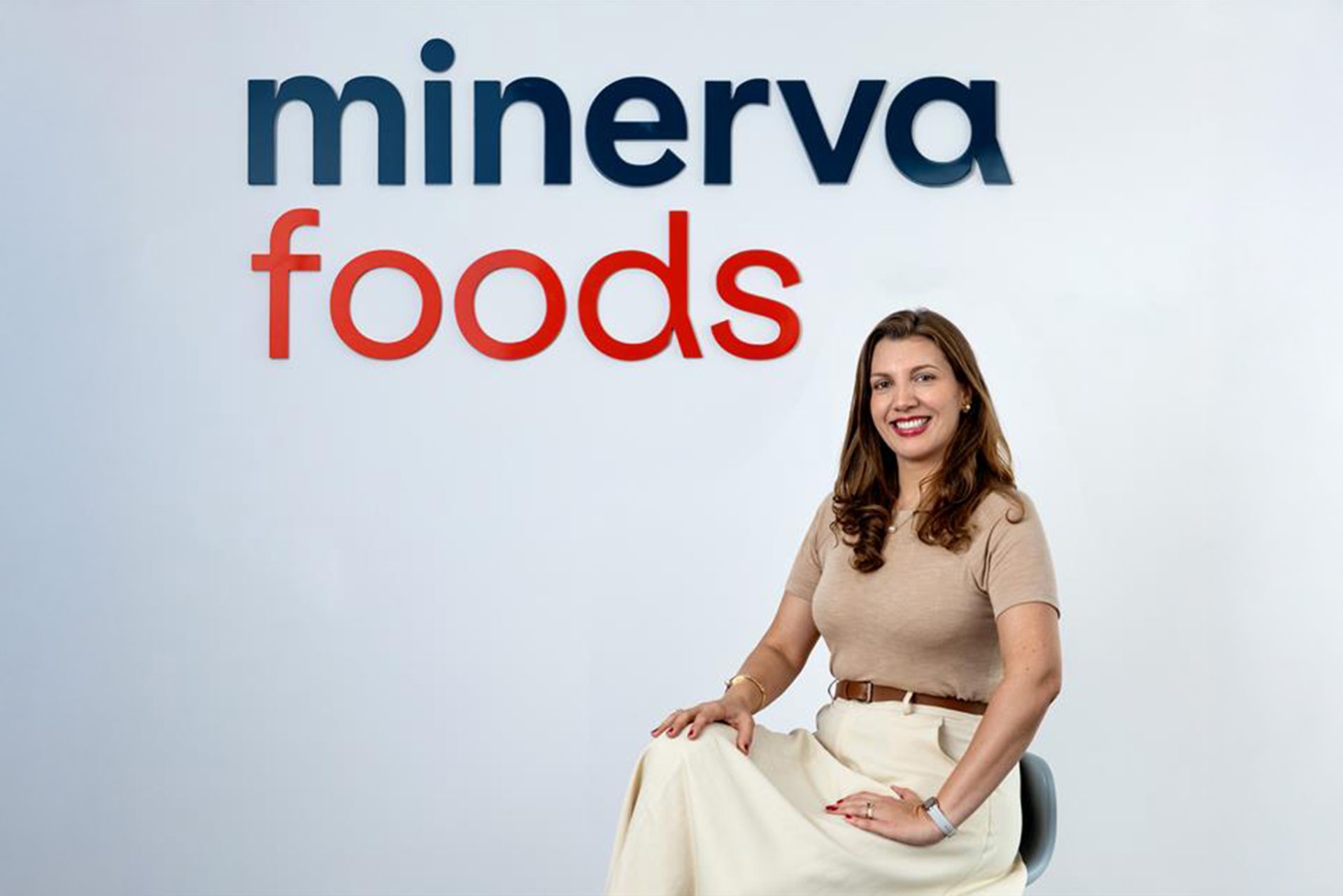
Minerva Foods legitimizes its environmental management by earning the Gold Seal for the fourth consecutive year in its Corporate Greenhouse Gas Emissions Inventory (GHG) in the Brazilian GHG Protocol Program. This recognition not only strengthens the brand’s image but also demonstrates that sustainability and profitability can and should go hand in hand. Minerva Foods’ commitment to adopting sustainable practices is increasingly essential, especially in a market that demands environmentally responsible actions.
Since 2015, the company has been dedicated to adopting international best practices, publishing its GHG Emissions Corporate Inventory annually. Through this initiative, the company has set clear goals to guide its transition to a low-carbon economy. The Brazilian GHG Protocol Program, managed by the Getúlio Vargas Foundation’s Center for Sustainability Studies, enables companies to reliably quantify their emissions, and the Gold Seal is awarded to those with complete inventories verified by third parties.
“Winning the Gold Seal is directly related to our work in creating an annual corporate inventory that covers scopes 1, 2, and 3, audited by independent third parties,” says Tamara Lopes, Executive Manager of the Sustainability area at Minerva Foods. “This strengthens our environmental responsibility and signals to the market our commitment to transparency and sustainability, factors that translate into competitive advantages in this market.”

In addition to the regulatory environment, Minerva Foods has committed to achieving net-zero emissions by 2035, 15 years ahead of the Paris Agreement. To this end, three main areas of action have been defined: eco-efficiency in controlled operations, verification of illegal deforestation in the value chain, and the development of the Renove Program on partner farms. This program promotes low-carbon emission practices on supplier farms, using recognized methodologies to measure the carbon balance, and is already showing visible results, such as the sale of carbon-neutral certified products, meeting the growing demand from international markets.

Sustainable practices help mitigate operational risks and anticipate and meet the demands of related regulations. “In the long term, by investing in clean energy and waste reduction, for example, we can lower production costs and even generate new revenue streams,” adds Tamara Lopes.
“By anticipating all these changes, we minimize regulatory risks and also increase our ability to maintain and access new markets.”
In an uncertain climate scenario and the transition to a more sustainable economy, structured initiatives such as these, focused on innovation, efficiency and transparency, have already made and will continue to make a difference in guaranteeing a more balanced future for everyone.





